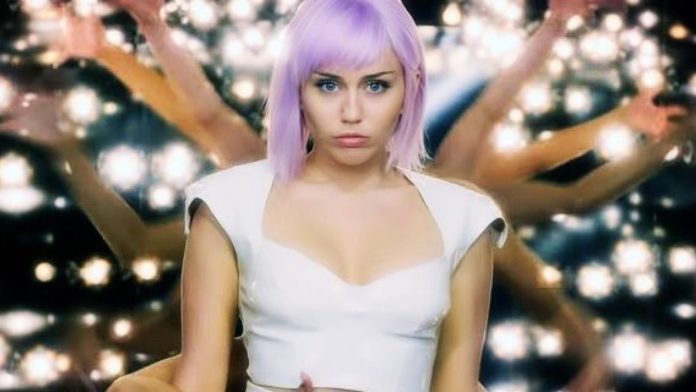
The new season of Black Mirror has finally dropped and it is a nuanced meditation on the intricacies of modern technology.
While earlier seasons of the show introduced us to an array of terrifying new technologies, the focus of season 5 seemed to instead be a character-based reflection.
In the opening episode “Striking Vipers”, Brooker explores themes of friendship, love and gender fluidity. We have seen virtual reality games in the series before and so it is not the technology that is new here. What Brooker instead offers is a whole new approach to VR that leaves us pondering the implications it may have on our real lives.
At the start of the episode, Danny leaves his sleeping wife to play a video game with his friend Karl. Eleven years later, Karl gifts him the VR version of the same game so the pair can play as their characters in a whole new mode. The pair begin by fighting but eventually end up sharing a passionate kiss. What follows is what Karl describes as “the best sex of my life” and the friends share remarkable chemistry in the game.
The concept of a VR relationship poses many ethical questions, namely the question of whether Danny is cheating on his wife. When his online obsession begins to affect his behavior with his wife, we lean towards the answer being yes. And yet we are still rooting for Danny and Karl, who tenderly represent the fluidity of gender and new and exciting modes of friendship introduced by futuristic technology.
While “Sniping Vipers” explores what lies ahead, “Smithereens” explores addiction that already exists. Andrew Scott gives a powerfully convincing performance as a man who holds a Smithereens intern hostage so that he can be put on the phone to the company’s founder, Bill Bauer. Throughout the episode, we are left wondering what he could possibly want to say. We recoil in horror as we realize that Smithereens know far more about Chris than the police, do thanks to the access they have to everybody’s data.
At the end of the episode, we learn that Chris has phoned Billy so that he can confess. The reason his wife died was not because of a drunk driver, but because he was bored and checked a notification on his phone. After a powerfully emotional confession, a struggle for the gun and a gunshot, the episode concludes with a montage of people checking their phones. They likely received notification of what had just happened but after reading it, they continue with their day. This is some harsh social reflection and reminds us of how desensitized social media can make us to upsetting news.
Finally, the season finale “Rachel, Jack and Ashley Too” was a thrilling dystopian adventure featuring a fantastic performance from Miley Cyrus. The episode grimly mirrors Miley’s own life, drawing unspoken parallels between Ashley’s pyscho aunt and Disney’s control over Miley and her Hannah Montana persona when she was young. The episode is exciting, thought-provoking and full of tense moments and twists and turns. Although horrifying technologies are introduced, the focus is still very much on the compelling characters of the episode and their relationship with themselves and the Ashely O persona.
Overall, Charlie Brooker has successfully delivered three powerful episodes which offer nuanced social reflection through a selection of future technologies. It may have been lacking the terror of episodes like White Bear and Black Museum, but it offered something far more tender and close to home.
4.5/5





